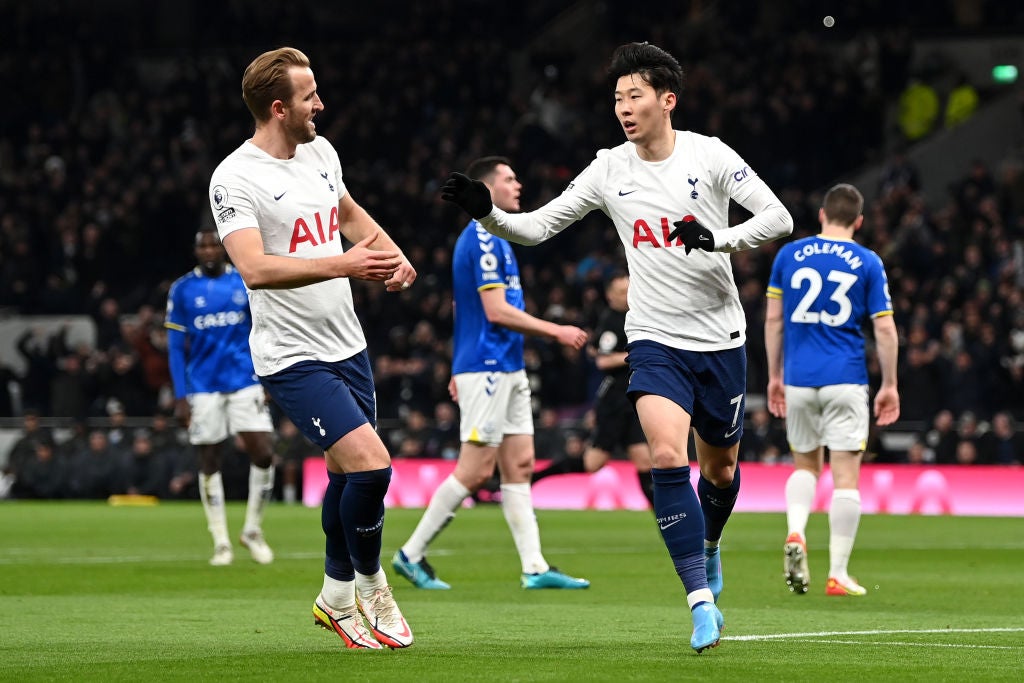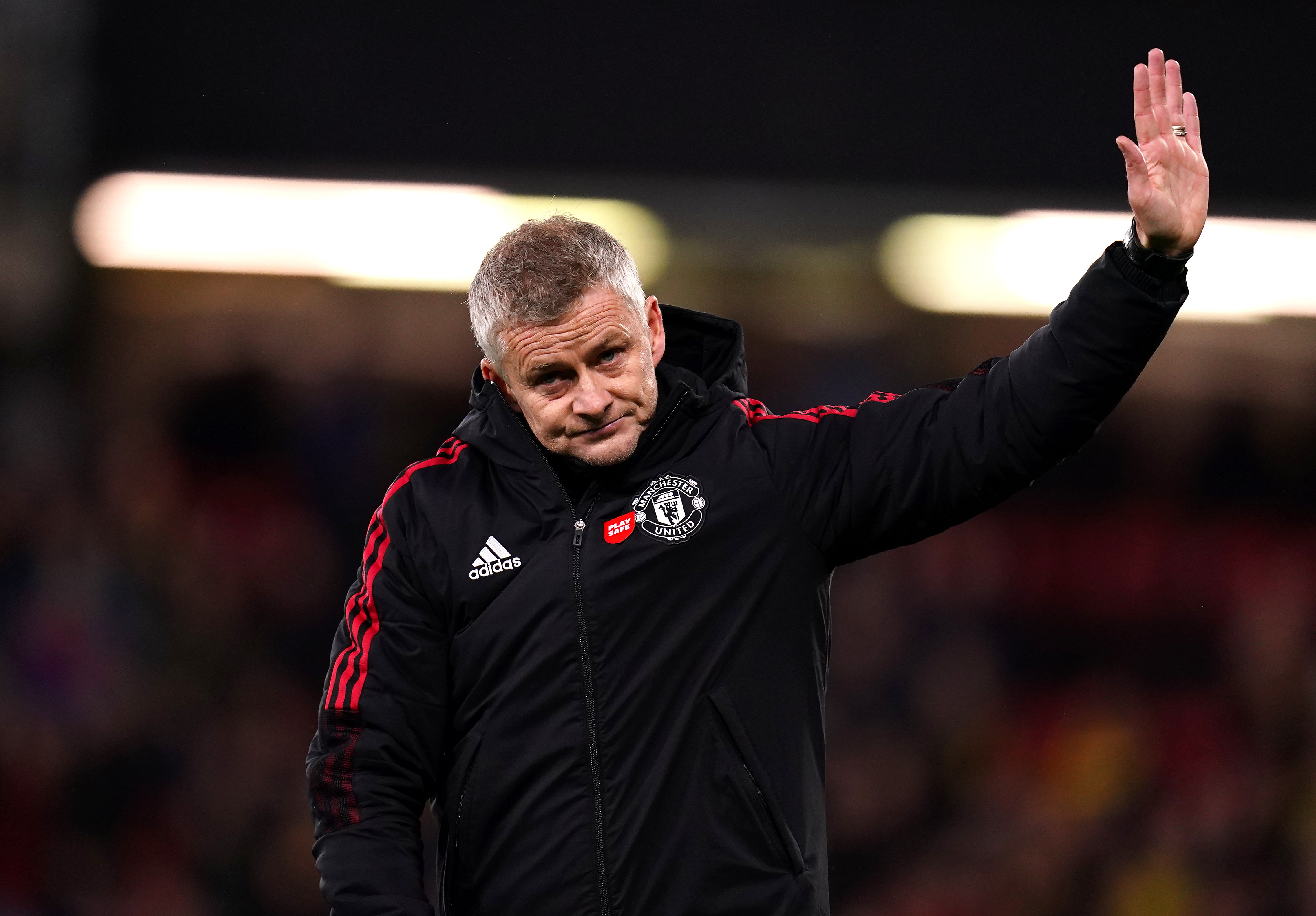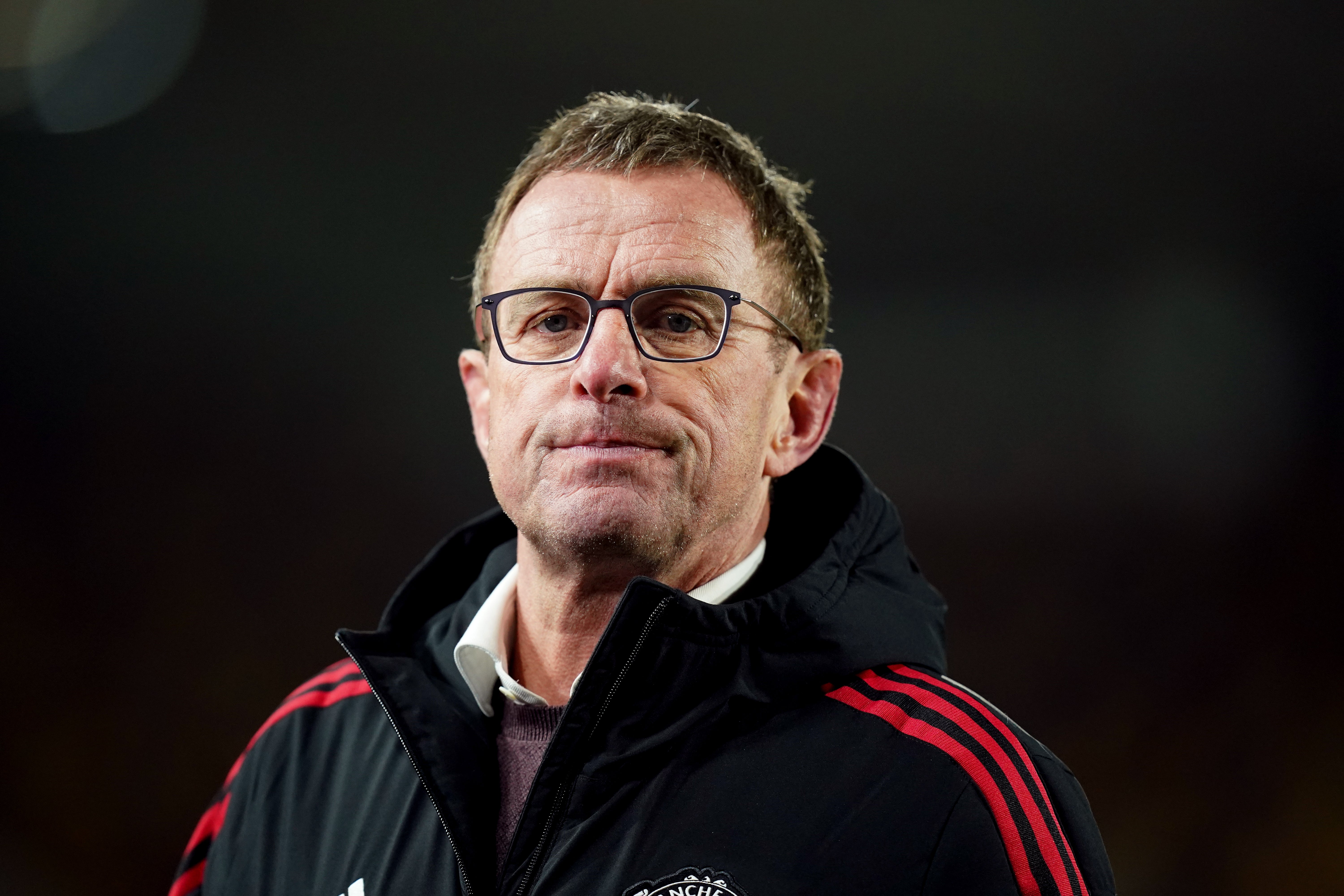Manchester United face nervous wait to see if Antonio Conte gamble pays off
The club opted against pursuing the Italian as Ole Gunnar Solskjaer’s successor, with Conte joining Spurs as the Red Devils appointed Ralf Rangnick

What would Manchester United’s season look like if Antonio Conte had replaced Ole Gunnar Solskjaer? It is the obvious question to ask ahead of Tottenham Hotspur’s visit to Old Trafford this weekend, one raised in the Sky Sports studio after last Sunday’s humiliation in the Manchester derby, but in a lot of ways it is a moot point.
The prospect of Conte becoming United’s next permanent manager was played down almost as quickly as it was brought up back in October. Support for Solskjaer within the club was seriously waning in the aftermath of the 5-0 home defeat by Liverpool but Conte had few advocates of his own.
United’s reservations were well documented at the time, the biggest being the Italian’s confrontational style of managing both up and down. There were – rightly or wrongly – fears of a repeat of Jose Mourinho’s tenure, which ended in a toxic working environment and left Old Trafford’s key decision-makers seeking the ‘cultural reset’ that ultimately led to Solskjaer.
“United didn’t want Conte,” as Gary Neville explained last weekend. “Conte is not a manager for Manchester United, he comes in for one or two years and leaves. They have been there with Jose Mourinho.”
The irony is that Conte would ultimately be employed by a club who had not long dispensed with Mourinho themselves, but four months into his Tottenham reign, those at Old Trafford who cautioned against his appointment may feel somewhat vindicated.
The former Chelsea manager has not entirely contradicted the theory that he can be a demanding presence and challenging to work with in his short time in north London, whether that be when speaking frankly about their struggles in the January transfer window or when casting doubt on his future after last month’s defeat by Burnley.

Those at United who had their doubts could also point to Tottenham’s inconsistent form. Though Conte’s start was steady and unbeaten outside of the Europa Conference League, wins since the turn of the year have been followed by defeats with little between those two extremes.
Tottenham have picked up 1.9 points-per-game in the Premier League since his return in November. United have exactly the same record under Ralf Rangnick. Given all that, it is tempting to wonder whether things really would have turned out any differently with Conte at the helm.
Except that they would have, for if he had been appointed, there would at least be less uncertainty over the club’s long-term direction, less of the doubt that has defined the past few months and could come to shape the climax to the United’s season.
Hiring Conte – or, in fact, any permanent successor to Solskjaer – would have given the manager’s office a level of stability and authority that Rangnick presently lacks. That is more to do with the nature of his interim role than a reflection on Rangnick himself. Uncertainty among the players over who or what will come after his six-month spell is said to be one of the factors in their underwhelming form.
Postponing the search for Solskjaer’s replacement has had an impact on other areas, too. The January window was quiet for incomings at Old Trafford partly because it is a difficult month in which to do business, but also because any new signings would need to fit into the plans of a manager who was yet to be appointed, following a process that was yet to get fully under way.
That process has now begun but the next permanent manager will not start work until the summer, leaving Rangnick responsible for results between now and then.

The decision to see out the rest of the season with an interim appointment was taken relatively early in the campaign. Comparisons were drawn to Chelsea’s habit of appointing interims in the past, though Guus Hiddink’s two spells after the dismissals of Luis Felipe Scolari and Mourinho in 2009 and 2015 came later than Solskjaer’s mid-November dismissal.
Of all Chelsea’s interim managers, only Avram Grant – after Mourinho’s first sudden departure from Stamford Bridge in 2007 – took up the position earlier than Rangnick. Finishing as runners-up in both the Premier League and Champions League was a decent return for a temporary appointment. Rangnick’s United look a long way from emulating either of those modest feats.
The season may be a write-off after all and that was always the gamble. United essentially decided it would be better in the long run to make the best of this season with an interim manager and appoint the right coach in the summer, rather than rush into anything immediate. It is still too soon to say whether that was the right choice. Even Rangnick could not answer that question on Friday.
“I don’t know. I don’t know what our club here thought in October,” he said, when asked if United would be vindicated in passing up on Conte. “The only thing I know is at one stage they contacted me and asked for help and if I could imagine taking over until the end of the season. That’s why we are sitting here now.”
It may not even be possible to judge United’s decision at the end of the season. If Rangnick steps down from the interim role after finishing outside the top four and without securing another year of Champions League football, could that still be worth it if his replacement restores their former glories in the long run?

Unfortunately, things are beginning to look more complicated than that. Only a couple months ago, senior Old Trafford sources were claiming that the right manager was all this squad required in order to be successful. But with holes to plug in defence, midfield and attack, players running out of contract with no intention to renew, and others like Marcus Rashford suddenly considering their future, this is a squad that once again looks in need of significant surgery.
A rebuild will be easier if a top-four finish can be secured. In that respect, this meeting with a direct rival for those Champions League places in Conte’s Tottenham is a more important and consequential game than last weekend’s derby, perhaps the most important and consequential from now until a trip to the Emirates in April.
A win for United will open up a five-point gap on Tottenham. A win for Tottenham will take them above with two games in hand still to play. Defeat would make achieving a top-four finish look incredibly difficult, but even in victory United would still have a lot of work to do to get over the line.
Passing up on Conte back in October meant taking a long-term view, potentially at a short-term cost. The danger for United is that Conte himself extracts that cost this weekend.
Join our commenting forum
Join thought-provoking conversations, follow other Independent readers and see their replies
Comments
Bookmark popover
Removed from bookmarks